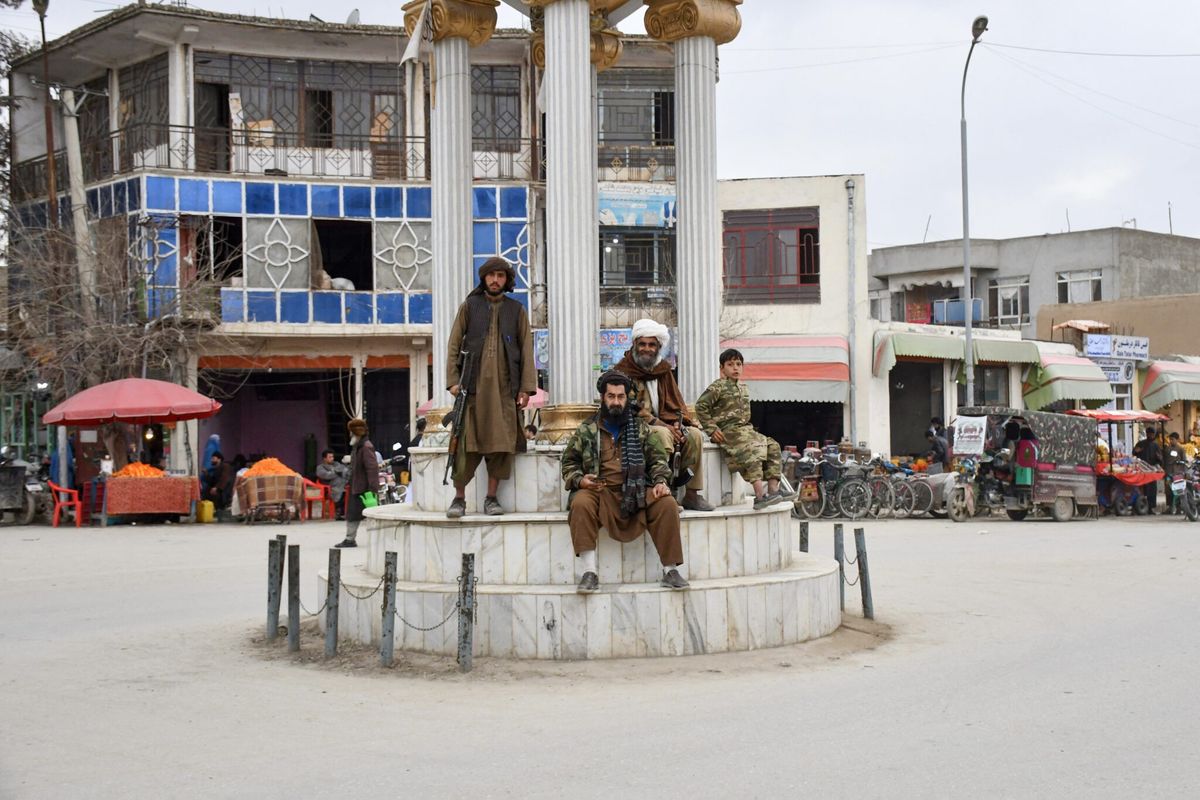On Friday, a military judge ruled Bowe Bergdahl, who deserted his outpost in Afghanistan in 2009 and was subsequently held captive by the Taliban for five years, will be dishonorably discharged from the U.S. Army. His rank will be dropped from sergeant to private, and he will have to pay a $1,000 fine from his salary for the next 10 months. He will receive no jail time.
The Cipher Brief spoke with Lt. Gen. Guy Swan, former Commander of U.S. Army North, Doug Wise, former Deputy Director of the Defense Intelligence Agency, and Mark Kelton, former Deputy Director for Counterintelligence at the CIA’s National Clandestine Service about their reactions to the ruling.
Guy Swan said he’s disappointed.
I was surprised, that was the first reaction, and then secondly disappointed because I expected – I think like many did – that there would be some incarceration that would have accompanied his guilty plea.
Swan said it could lead to a disrespect for leadership and discipline in the ranks.
These cases send a message to our soldiers about their behavior in combat and how behavior like Bergdahl’s is going to be handled. It has a potential to undermine leadership and discipline in the ranks because it’ll be viewed as the laws and policies were not enforced. That will make for those in leadership positions their job that much tougher.
And Swan told a personal story of how he saw the effects on the ground of Bergdahl’s actions.
In early October 2009, there was a combat outpost in Afghanistan called combat outpost Keating. Keating was hit by the Taliban in October, and eight American soldiers were killed in that action. I was appointed to be the investigating officer for that action, and during my investigation, the issue of a missing soldier in Afghanistan came up. At that time, I didn’t know who Bergdahl was.
There were assets –helicopters, drones, special forces, and others that were sent on missions to look for Bergdahl. There were some soldiers in the unit at combat outpost Keating who felt that had those resources been available to them, they might have potentially survived that attack or even left that area before they were attacked.
So there were people on the ground that were affected by the search for Bergdahl. Some may have been killed looking for him, and others elsewhere were denied capabilities that would have protected them because they were out looking for Bergdahl.
CIA veteran Doug Wise shared Swan’s disappointment with the verdict.
I think the guy deserved a much stronger sentence just from what he did, the consequences devolved from what he did, and sending a powerful message to others who might be inclined.
I’m surprised he got no incarceration. I would have thought that even if there was no incarceration, he would have imposed like a 10-year prison sentence, would have considered the five years in Taliban captivity as part of the credit toward that 10 years, and then he would have suspended the additional five years, pending further cooperation with investigators – you know, put a bunch of conditions on there. I’m surprised that he didn’t impose some punishment, give constructive credit for Taliban incarceration, and then suspend the remaining part of the imprisonment punishment.
Wise said this all sends a really bad signal to any soldier in the future who may want to desert post.
Whether the judge was signaling the president of the United States or whether he was trying to be fair or all of the above, I don’t know. But I think it was a quite lenient sentence for what Bergdahl did and the consequences of what he did, which was to create advantage to an existential enemy, an enemy that was bent on killing and capturing more American soldiers.
Quite frankly, if I was a potential Bergdahl, I would say well, you know obviously the U.S. government is not going to do anything to me so the only thing I have to deal with is the actual detention by our adversaries.
CIA veteran Mark Kelton said he doesn’t think he’s in a position to pass judgement.
I think the soldiers who served with him, and risked their lives to try and locate him, are in the best position to pass judgement on the verdict.











